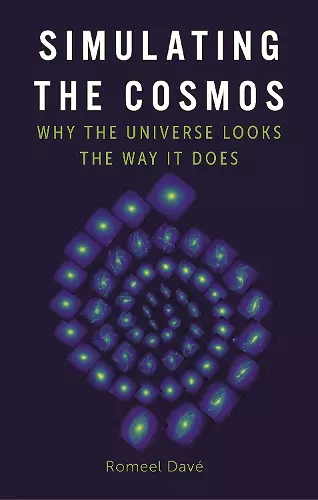Simulating the Cosmos
Why the Universe Looks the Way It Does
Format:Hardback
Publisher:Reaktion Books
Published:1st Jun '23
Should be back in stock very soon

Simulating the Cosmos is a behind-the-scenes look into one of the hottest and fastest-moving areas of astrophysics today: simulations of cosmology and galaxy formation, which illustrate how everything we see in the universe arose out of the primordial soup of the Big Bang. Leading cosmologist Romeel Davé guides you through the trials and tribulations of what it takes to put the universe into a computer, the amazing new insights revealed by cosmological simulations, and the many mysteries yet to be solved. This rollicking and extraordinary journey is a rare glimpse into science in action, showing how cosmologists are using the laws of physics and supercomputers to uncover the secrets of why the universe looks the way it does.
ISBN: 9781789147148
Dimensions: unknown
Weight: unknown
200 pages